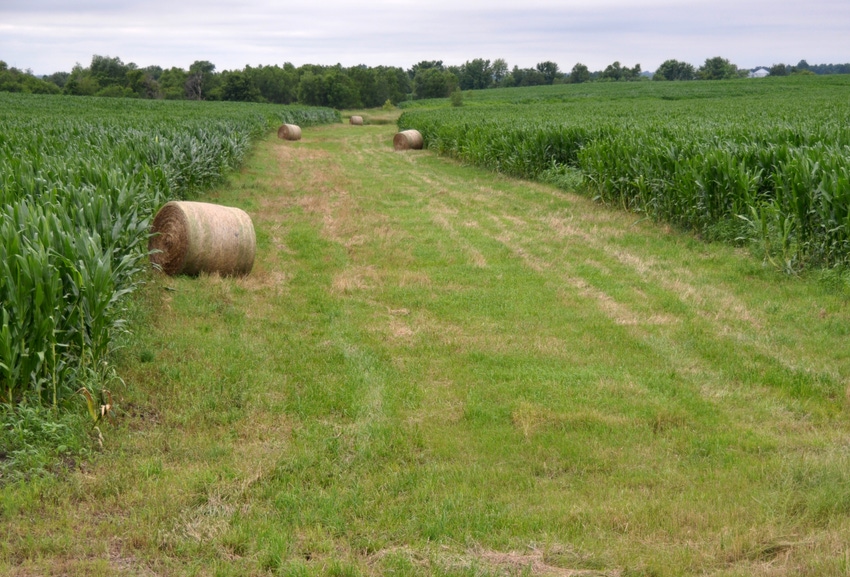May 21, 2019

Applications will be accepted beginning June 3, 2019, for certain practices under the continuous Conservation Reserve Program. New signups and extensions for expiring CRP contracts will be accepted.
“USDA offers a variety of conservation programs to farmers and ranchers, and the Conservation Reserve Program is an important tool for private lands management,” said FSA Administrator Richard Fordyce. “CRP allows agricultural producers to set aside land to reduce soil erosion, improve water quality, provide habitat for wildlife and boost soil health.”
FSA stopped accepting applications last fall for the continuous CRP signup when 2014 Farm Bill authority expired. Since passage of the 2018 Farm Bill last December, Fordyce said FSA has carefully analyzed the language and determined that a limited signup prioritizing water-quality practices furthers conservation goals and makes sense for producers as FSA works to fully implement the program.
Continuous CRP Signup
This year’s signup will include such practices as grassed waterways, filter strips, riparian buffers, wetland restoration and others.
Continuous signup enrollment contracts are 10 to 15 years in duration. Soil rental rates will be set at 90% of the existing rates. Incentive payments will not be offered for these contracts.
Conservation Reserve Enhancement Program Signup
FSA will also reopen signup for existing Conservation Reserve Enhancement Program agreements.
Other CRP Signup Options
Fordyce said FSA plans to open a CRP general signup in December 2019 and a CRP Grasslands signup later.
CRP Contract Extensions
A one-year extension will be offered to existing CRP participants who have expiring CRP contracts of 14 years or less. Producers eligible for an extension will receive a letter describing their options.
Alternatively, producers with expiring contracts may have the option to enroll in the Transition Incentives Program, which provides two additional annual rental payments on the condition the land is sold or rented to a beginning farmer or rancher or a member of a socially disadvantaged group.
Source: USDA, which is solely responsible for the information provided and is wholly owned by the source. Informa Business Media and all its subsidiaries are not responsible for any of the content contained in this information asset.
You May Also Like




